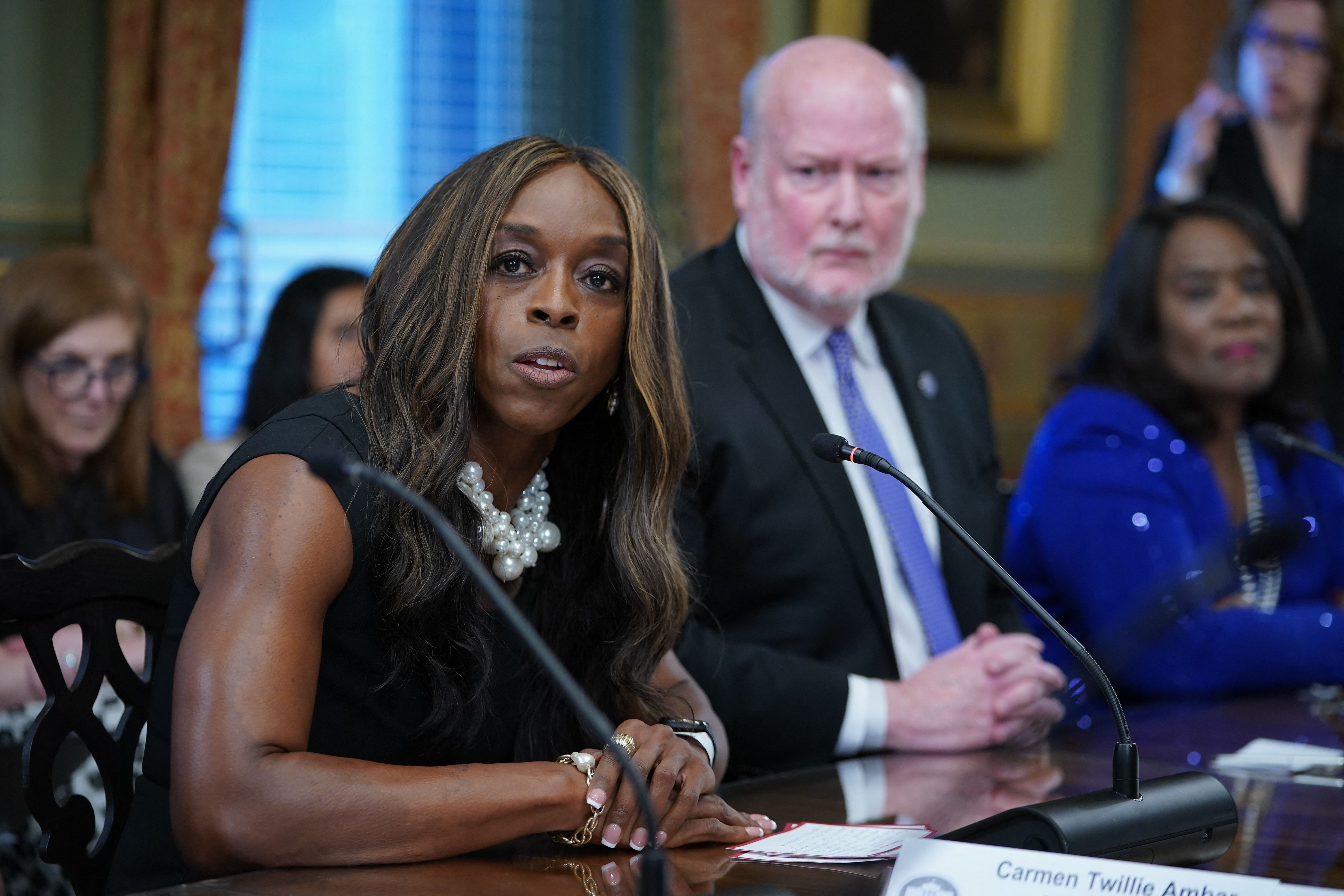
Under fire, Oberlin shifts gears on student health provider
Author: Katherine Knott
Go to Source

The Oberlin College community learned via a local news report Sunday that the college was outsourcing all its student health services to a Roman Catholic-run health-care agency that would only prescribe birth control pills with “medical indications.” But on Tuesday, after facing a barrage of criticism, President Carmen Twillie Ambar announced that the college was changing course and would partner with a local family planning clinic to provide reproductive health services—including birth control—to students.
The local family planning clinic will be on site at Oberlin three days a week, and the college plans to shuttle students to the clinic the other two days.
The move comes after the local Chronicle-Telegram reported on Oberlin’s partnership with Harness Health Partners, a division of the Catholic health-care system Bon Secours Mercy Health, which runs a hospital in town. The college worked with Harness Health over the last two years to conduct campus COVID testing and contracted with the provider earlier this summer to run the campus clinic for the coming academic year.
College officials said last week that the change wouldn’t affect prescriptions for birth control or the Plan B morning-after pill, but a spokeswoman for Bon Secours told the local newspaper that birth control would only be prescribed for “medical indications,” rather than just for contraception. Additionally, the Plan B pill would only be given to victims of sexual assault, the spokeswoman said.
A Bon Secours spokeswoman referred Inside Higher Ed to Oberlin.
Oberlin’s partnership with the Catholic health agency was roundly criticized on social media after the Chronicle-Telegram article was published. Students returned to campus this week and will start classes Thursday.
To cut costs, colleges nationally have outsourced college health programs, cut down on clinic hours and staffing, and closed pharmacies.
“Outsourcing has proven to be a very controversial topic, yet as colleges and universities face increasing regulatory, programmatic, and financial pressures, a growing number of institutions are looking at alternative approaches to providing a comprehensive college health program,” the American College Health Association said in its May 2019 guidelines on outsourcing.
Although outsourcing campus health is not new, navigating a post-Roe environment is. Many colleges and universities are grappling with new state laws that restrict access to abortion. In Ohio, abortion is illegal at six weeks of pregnancy or when a fetal heartbeat is detected.
 After the U.S. Supreme Court voted to overturn Roe v. Wade in June, Oberlin president Ambar pledged to continue to support the reproductive health needs of students, faculty and staff. Ambar also joined a roundtable discussion on abortion with Vice President Kamala Harris earlier this month.
After the U.S. Supreme Court voted to overturn Roe v. Wade in June, Oberlin president Ambar pledged to continue to support the reproductive health needs of students, faculty and staff. Ambar also joined a roundtable discussion on abortion with Vice President Kamala Harris earlier this month.
“In this singular moment, higher education has a responsibility to help America conduct a more civil dialogue about a woman’s right to make decisions about her own health care and, dare I say, about equity itself,” she said at the time.
Ambar said in a statement Tuesday that Bon Secours had informed the college “through media reports and emails” that its position on birth control for the sake of contraception and providing gender-affirming care had changed since Oberlin’s initial conversations with Harness Health Partners.
“While we were disappointed by this change so close to the start of the semester, we quickly moved to ensure the needs of our students would be met without interruption,” the statement said. “Our solution was to turn to another partner with whom we have had an established working relationship.”
Harness Health will still provide basic health-care services to Oberlin students, while Family Planning Services of Lorain County will cover reproductive health-care services. That includes offering gender-affirming care and dispensing contraceptives and medication such as Plan B. The family planning clinic also is considering offering telemedicine visits, according to the statement.
“Oberlin already hosts three vending machines that dispense condoms,” according to Ambar’s statement. “We are exploring the possibility of placing vending machines on campus that would dispense Plan B and other contraceptives.”
Ambar reiterated that equitable access to reproductive health is a personal and institutional value.
“I want to assure our students and parents, faculty, staff, and alumni that we will have a layered approach to student care that will include the full range of reproductive healthcare services that our students deserve,” she wrote.
‘Poor Decision’
To former student health employees, Tuesday’s announcement is welcome but could have been avoided had administrators spoken with clinic employees.
“I think that they made a poor decision by choosing Mercy,” said Aimee Holmes, a former women’s health specialist in Student Health Services. “I don’t think they were thinking about reproductive health issues.”
Oberlin first outsourced its student health services a year ago when it contracted with Cleveland-based University Hospitals—a decision the college said was related to an increased demand for services during the COVID-19 pandemic, according to the campus newspaper. (The college also has outsourced dining and custodial operations in recent years.) Students complained about long wait times and a lack of appointments following the transition.
Holmes stayed on with Student Health Services during the switch to University Hospitals but said she was not given the opportunity to apply for a job with Harness Health Partners because her position was essentially eliminated.
Erin Gornall, a registered nurse who served as the clinical coordinator for Student Health Services, had a similar experience.
Both Gornall and Holmes said that under University Hospitals, Oberlin’s student health services had a staff of six. Under Harness Health, the clinic only has three staff members—and no registered nurses. Both said they asked but never got an answer as to why Oberlin switched student health providers.
Gornall said she was worried that the overturning of Roe combined with the shift to Harness Health meant students wouldn’t get the reproductive health care they needed.
In the last year, Student Health Services added birth control pills to its on-site pharmacy to make them easier for students to access. The clinic also offered free Plan B pills to students, no questions asked. Both are hopeful that with Family Planning Services stepping in, students will continue to get the services they need.
“We want to make sure that [students are] getting the services that they need, even if it doesn’t include us, because that’s what we all love to do,” Gornall said.
